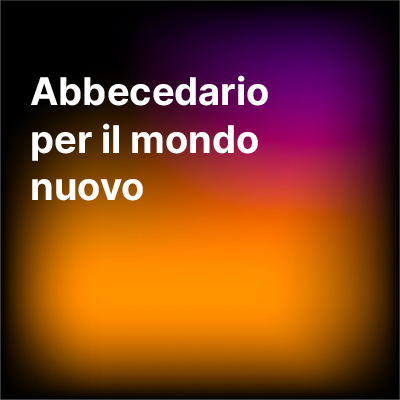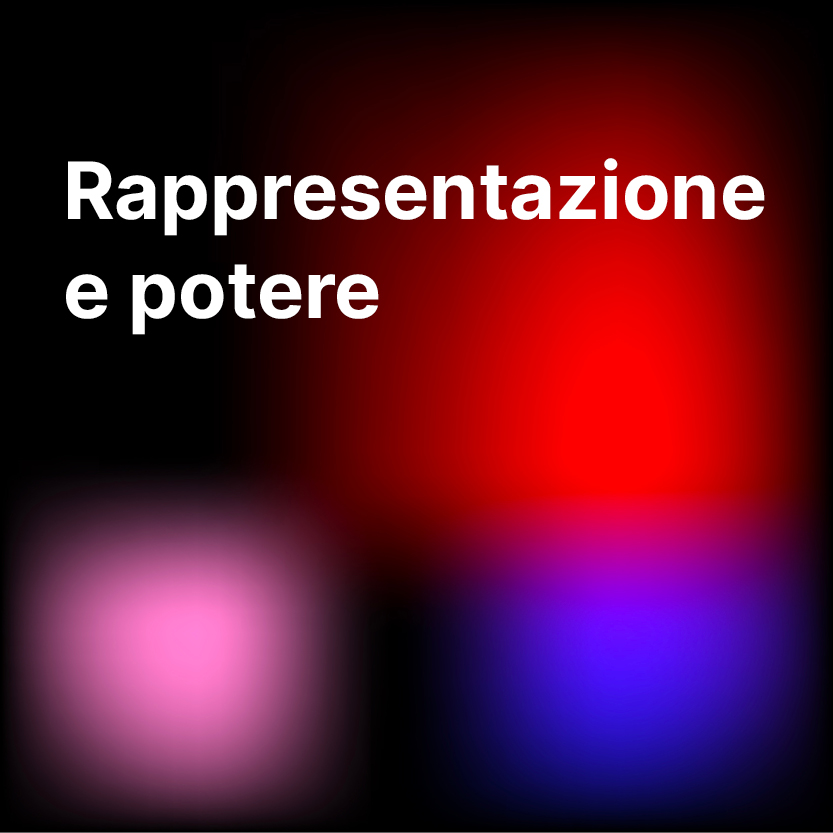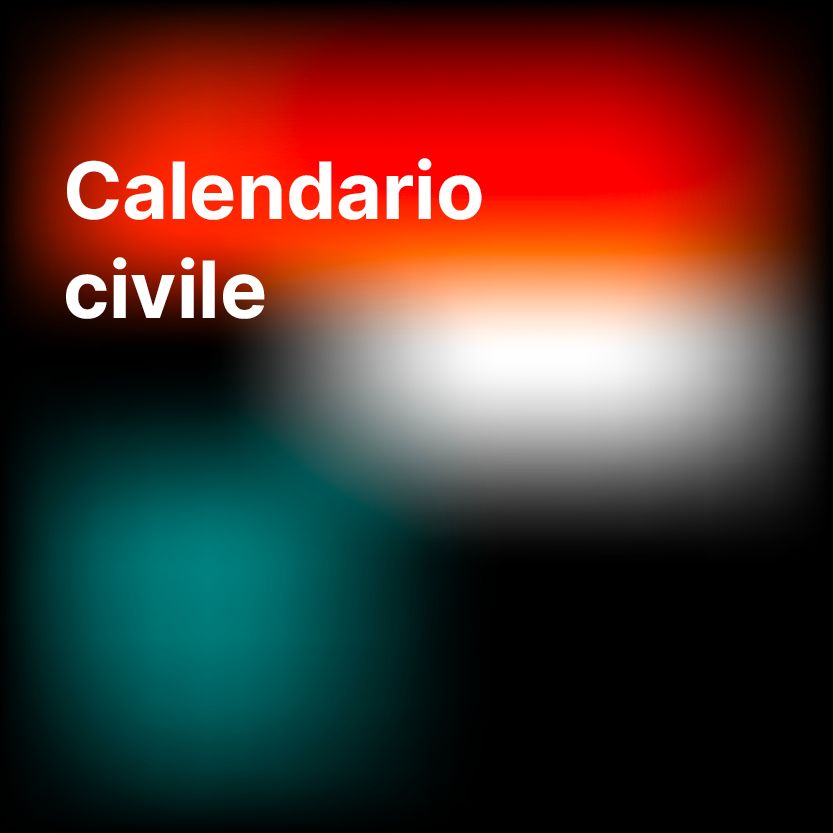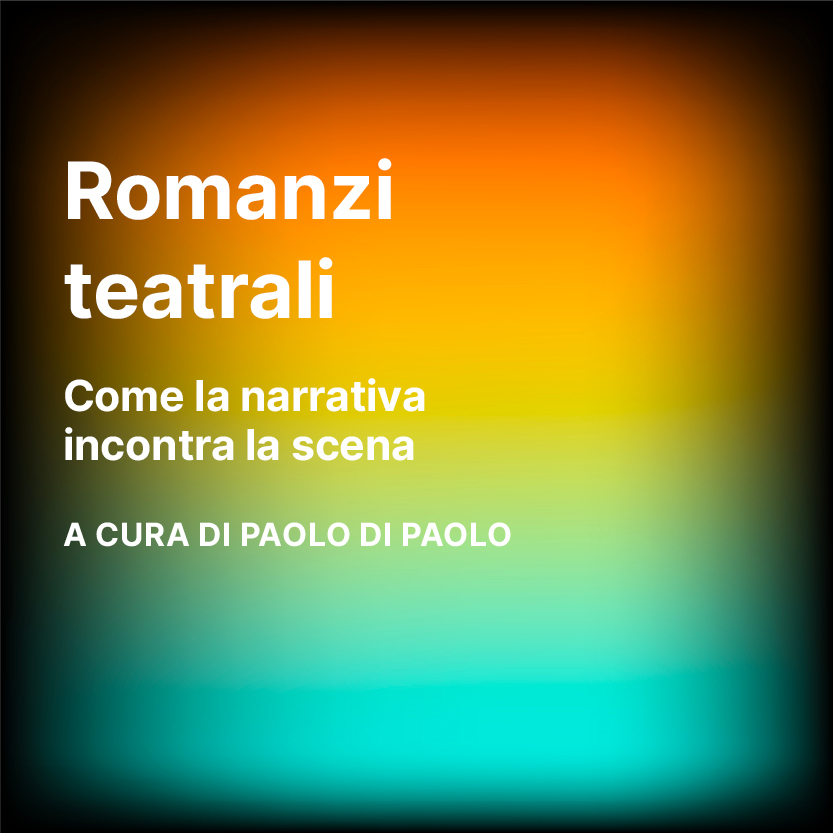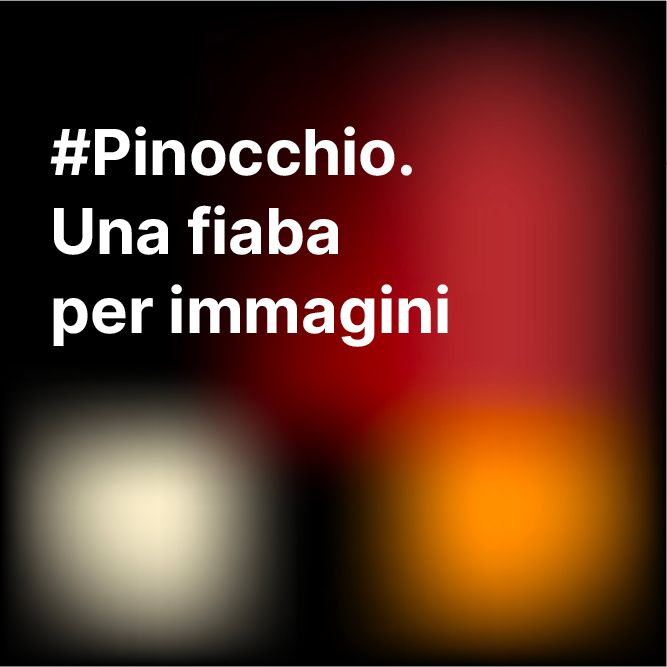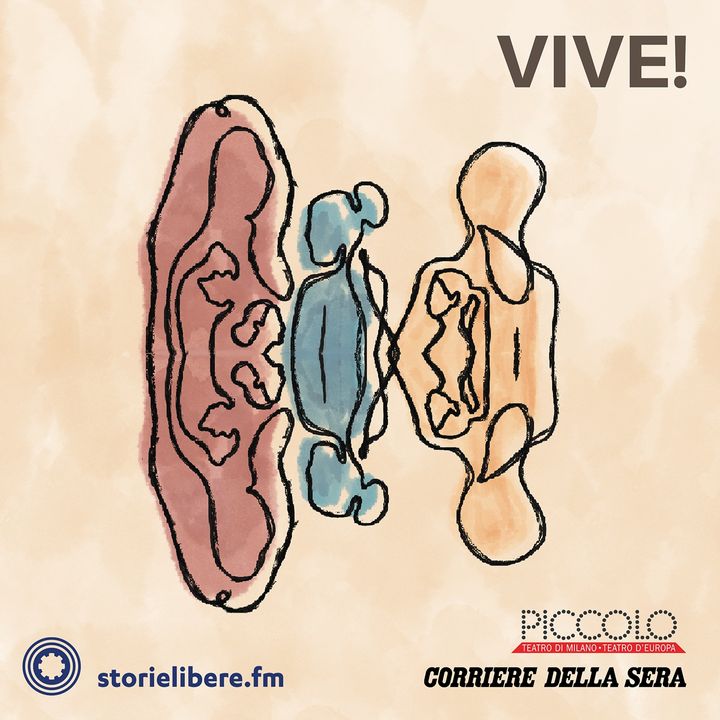
Piccolo Smart
We are well aware that live entertainment is considered as such because it takes place in copresence between an actor and their audience. We also know only too well how important it is over these challenging months, which have seen an interruption in live performances, to show our communities examples of care and attention, and despite being unable to provide theatre, to at least keep alive the desire for performance and for all that surrounds it. A mere approximation of true theatre, undoubtedly, but a sign - in any case - of commitment, and of a “paradoxical” closeness in these times of “distancing”.
Unfortunately, the pandemic is still very much a part of our lives, but we are beginning to see the light at the end of the tunnel. The approaching summer and the vaccination campaign currently under way give us hope that we will soon be able to reopen our auditoriums and once again meet with our audiences.
So why, in this period of hope for a return to live performance, should we be setting up an online project? Because perhaps we should not be turning our back on everything that has happened over the past months. Because the world is changing, and we must not shy away from the changes taking place. Because although live performances will finally be able to return, this should not lead us to miss out on the advantages and possibilities that the digital world has provided us with...
Theatre - in other words - will soon return to being a part of our lives. Communities will be able to come together again. However, those strange, suspended spaces that exist virtually, in the only possible dimension for exchange in recent months (we are of course referring to digital spaces), could perhaps continue to exist, to communicate with live performances, providing resonance, an opportunity for further study, a space for reinvention and expansion, and for a study of all that is new. Spaces that offer a new form of freedom to be explored, not to deny presence, but rather to evoke it and examine it from new perspectives. Spaces of great freedom that will, we trust, also allow us to expand our community.
Claudio Longhi
Abbecedario per il mondo nuovo
Click here to find out more.
Rappresentazione e potere
The itinerary aims to provide an examination, from various perspectives, of the mechanisms that represent power and their repercussions in artistic language, in mass communication, in the creation of a collective perception of the meaning and values tied to an idea - or multiple ideas - of “power”. A series of conversations and interventions in which different personalities from the world of culture focus on the various forms of contemporary representations of power and their ethical and psychological implications. The itinerary will be accompanied by two plays: The revengers’ tragedy by Thomas Middleton, directed by Declan Donnellan, in a version specially produced to be broadcast via streaming, and the new production by the Piccolo A German Life, by Christopher Hampton, based on the true story and accounts of Brunhilde Pomsel, directed by Claudio Beccari and starring Franca Nuti..
Six events broadcast on the Piccolo Teatro’s Facebook page every Thursday from 22 April.
Click here to find out more
Calendario civile
The chapter dedicated to the “calendario civile” and the tribute that the Piccolo intends to pay continues and grows, motivated by the institutes roots as a public service and its identity as “An Art Theatre for All”.
Words, voices and images to celebrate moments of collective memory.
Click here to find out more
Romanzi teatrali
The writer Paolo Di Paolo has created for the Piccolo Teatro di Milano a journey of words and images presenting the theatre through alternative forms and languages. To create the journey, which has been designed in small video bites for digital broadcasting, Di Paolo will choose a series of novels from different periods in the history of international literature but all united by the presence of theatrical elements in the story: descriptions, dialogue and theatrical works that become part of the plot, enter the lives of the characters and create a subtext. These fragments, in which the theatre becomes the subject of the written word, will be the cornerstone of the project. The chosen excerpts will be read by Lino Guanciale and Camilla Semino Favro, and will be the subject of a series of six conversations conducted by the curator with important contemporary Italian writers who will be asked to apply their personal tastes and sensibilities to presenting and commenting on the chosen author and novel. The presentation will be enriched with the illustrations of an artist, Andrea Colombo, who will transform into images the ideas that emerge from the reading of the excerpts selected and the conversations with the writers present.
Click here to find out more.
#Pinocchio. Una fiaba per immagini
A project by the Piccolo in collaboration with the Carlo Colla & Figli Puppetry Company and The Box Film, the first chapter of Fiabe, maestri e giovani eroi and the beginning of the collaboration between the Piccolo Teatro and Rummo dedicated to younger generations. The 7 episodes of the fable through images, directed by Beniamino Barrese, will be published every Monday and Wednesday on our YouTube channel. The episodes will be accompanied by #Pinocchio Lab, an educational activity involving 6 video tutorials have been recorded from inside the Colla workshops, which will be shown during the live links with the Company’s workshops aimed at primary school children.
Click here to find out more.
Vive!
The “Vive!” series of podcasts, produced by Storielibere.fm and the Piccolo Teatro di Milano in collaboration with the Corriere della Sera newspaper, aims to look back at the stories of some of these characters, imagining a different destiny for them. The first episode is dedicated to Madame Bovary, and is followed by Francesca da Rimini, Dido, Ophelia and lastly Anna Karenina. What would have happened if, at a certain point in their story, they had changed direction and death was no longer their inescapable destiny? These female figures are given a new voice through the words of the writer Alessandra Sarchi and the performance of the actor Federica Fracassi.
Click here to find out more.
